
5 Easy Ways To Be More Eco-Friendly
Being eco-friendly is easier than one may think. Simple changes we can make in our lifestyle can have a good domino effect in helping the environment.
A lot of times, we may overthink and wonder, "I'm just one person. What’s the point of me switching to reusable straws? Does it make a difference?" Well, yes, it does, if you think about it, one person can cause a domino effect, and more people will be slowly doing their part.
If everyone makes one small change in their life, it will make a difference in protecting the environment. There are many eco-friendly options for almost every aspect of your life. So you can figure out what fits your lifestyle and what you would find easy to change, especially in the beginning.
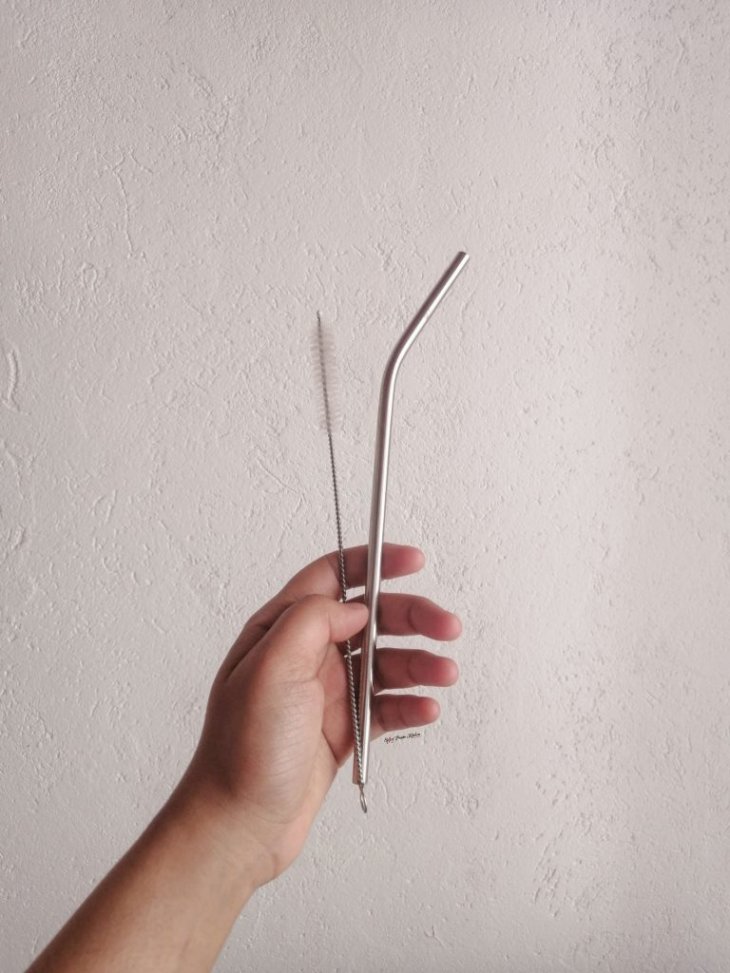
Zainab Dokrat - Spicy Fusion Kitchen
When you initially start, thinking of living a completely sustainable life can seem overwhelming, especially with all the opinions surrounding us. However, trying to live a cleaner lifestyle takes time. Baby steps in a specific direction will make it easier to live a greener life.
It is best to start with some small goals you can work towards achieving. By cutting down on personal trash production, using reusable items, switching to reusable energy, recycling, using eco-friendly feminine hygiene products, the list goes on.

Unsplash
1. Say No To One Use Plastic

Zainab Dokrat - Spicy Fusion Kitchen
"One use plastic" are plastic items you cannot reuse again. These can be most water bottles, to-go coffee cups, plastic bags, straws, etc. Trash pollution is a huge issue globally, so cutting down on one-use plastic is a tremendous way to cut back on our trash contribution.
There is a popular "zero trash" challenge a lot of people are now taking part in to try harder to cut down on trash pollution. Using reusable straws a popular way to make a change and investing in reusable water bottles, to-go coffee cups, investing in some reusable shopping bags, etc.
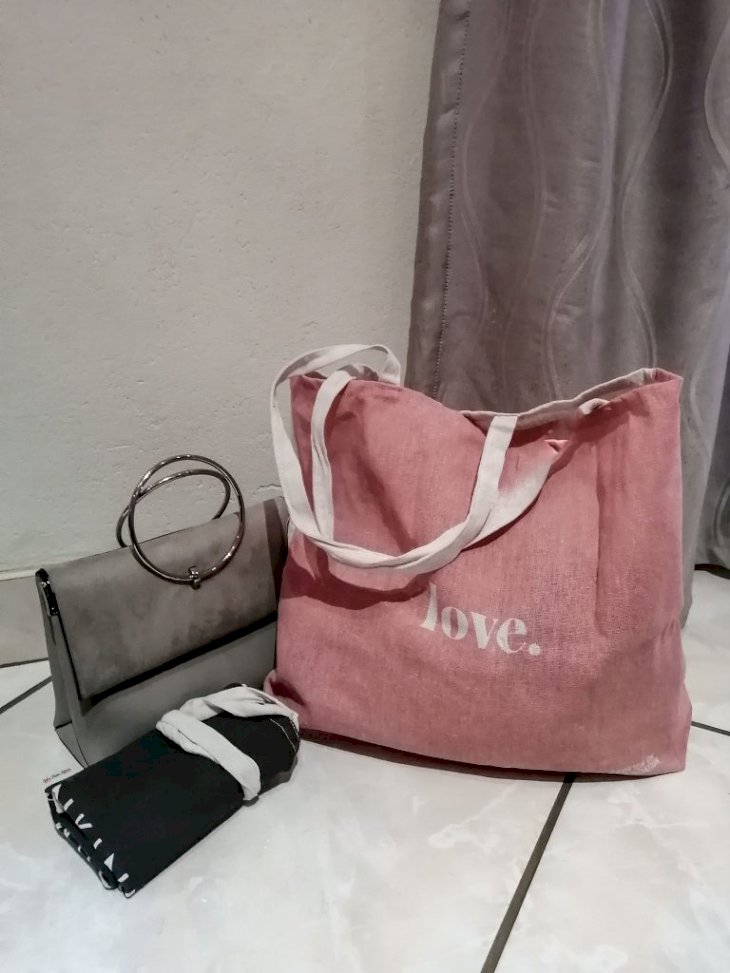
Zainab Dokrat - Spicy Fusion Kitchen
There are so many cute good quality options of reusable items one can invest in. Once you slowly start to make this change by using reusable times, it will become apart of your routine.
Once you make this change, it will open your eyes to how much trash you personally were contributing. This new awareness will encourage you to keep trying to make eco-conscious decisions in the items you purchase.
2. Shop Local
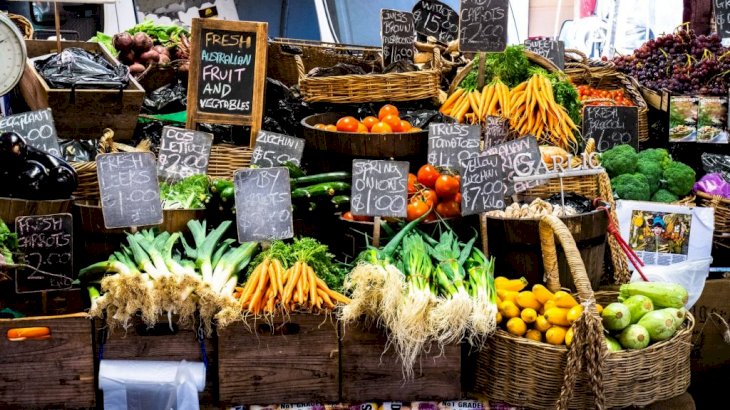
Unsplash
Heading out to buy groceries or items for your home with your reusable shopping bags, it's best always to support local businesses, especially food markets. It is a way to cut down on "food miles" as you're reducing the environmental impact of your food you purchase.
You'll be supporting family-owned businesses, especially local farmers. Shopping locally is another way you will know that the quality of the produce you're purchasing is much higher in grade and more affordable than buying from larger supermarkets.
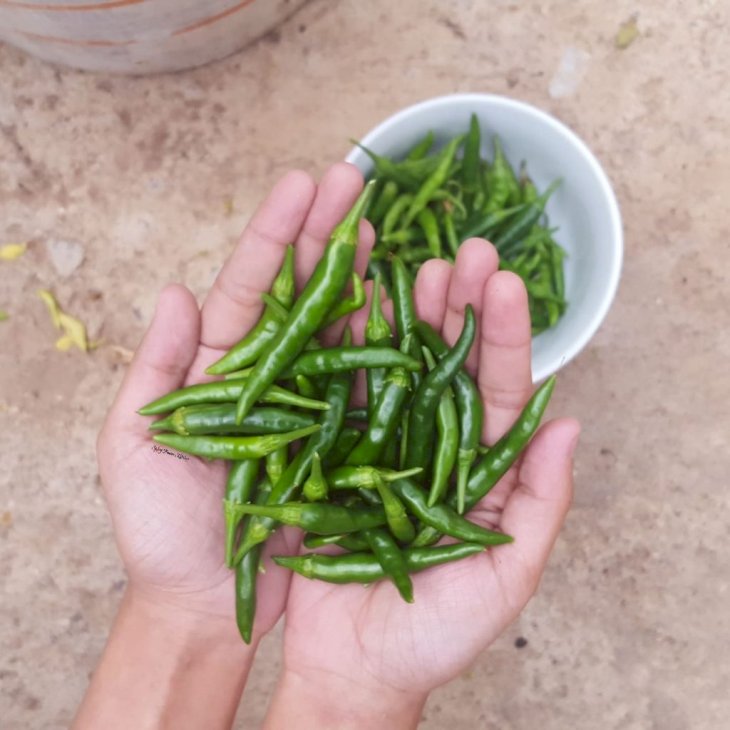
Zainab Dokrat - Spicy Fusion Kitchen
Shopping locally will encourage you to eat seasonal fruits and vegetables, helping you try new foods. You will become conscious about purchasing items with less packaging. By supporting locals, you will help reduce energy usage and reduce the food industry’s trash production.
Keeping things local may also encourage you to get your hands dirty and start a small herb garden on your balcony or by your kitchen window. It could be a great side hobby to plant some fruits and vegetables if you have a backyard.
3. Meat Free Monday

Unsplash
I know, I know, if you're a meat-lover having a meat-free day may seem like you're going to go hungry. Well this isn't the case anymore. There are so many delicious vegan or vegetarian recipes available that will have your tastebuds dancing.
Meat-free Monday doesn't have to just be on a Monday; it can be on any day that fits your lifestyle. Cooking a vegan or vegetarian dish can make a massive difference in improving your health and helping the environment.
One would wonder how does eating meat even affect the environment. It turns out the meat and dairy industry is responsible for the majority of greenhouse gas (GHG) emissions in the agriculture industry. These emissions occur from the stage of produuction, to processing, packaging, purchasing, and to finally being served.
By eating less meat, one conserves a large amount of water in the process. It is estimated over ten thousand liters of water is used in the process of preparing approximately one pound of meat. So even reducing the intake of meat can have a massive impact on reducing water wastage.
4. Get In More Steps
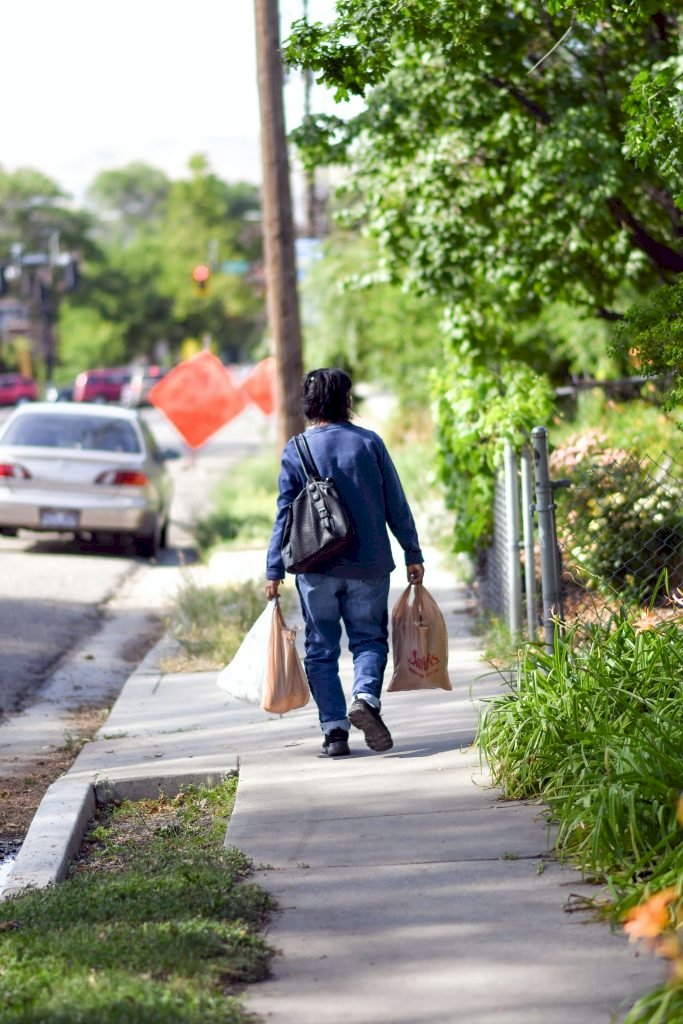
Unsplash
The title sounds like an ad for a fitness app, but walking does help the environment and improves your health. Getting your steps in by walking to places instead of using any form of transport is another way to reduce your carbon footprint.
Under this, you could also make a choice to ride a bike if you cannot walk to a location. Just being conscious about your daily transportation, combing trips, and making use of public transportation as much as possible.
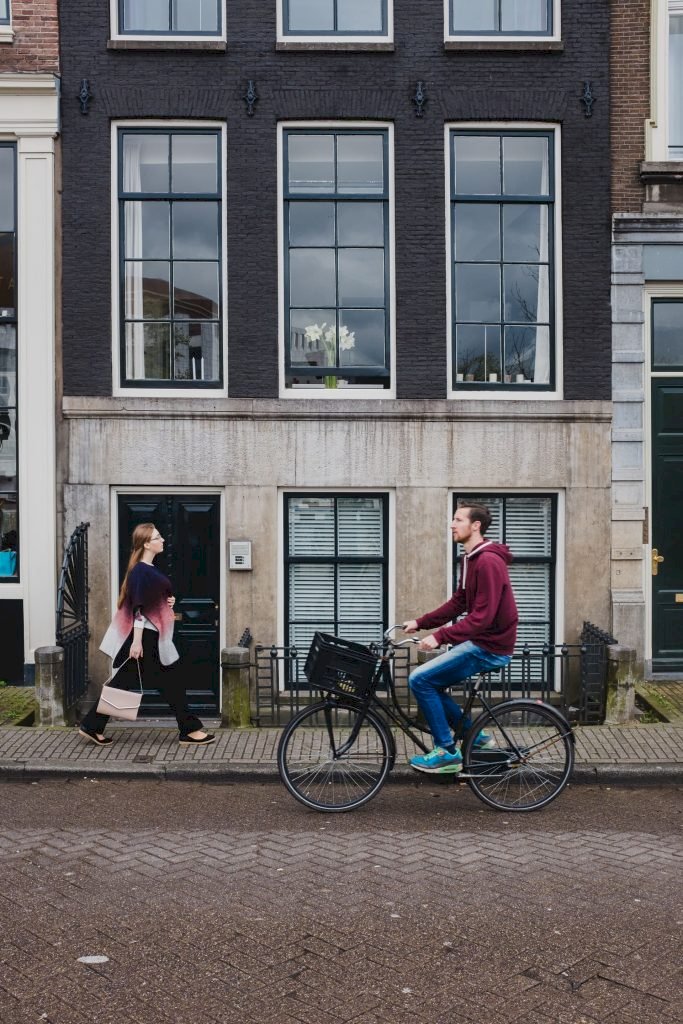
Unsplash
By walking, you're also improving your environment by cutting down on air pollution, leading to cleaner air. Walking around your town or city can help protect the environment and green spaces around.
By more people walking or cycling can encourage more green spaces. Leading to the planting of more trees and opening up of,areas so it doesn't feel like a concrete jungle. A greener enviroment and surroundings can help improve our mental and physical health, as well as help the environment.
5. Switch Off

Unsplash
Being conscious about our energy usage can help reduce the carbon emission and harmful greenhouse gases produced. It's essential to make use of natural lights and to try and switch to more energy-saving light sources.
It is also important to switch off lights and unplug devices from plug points that are not in use or when you leave the room or the house, especially for long periods. It is an easy and simple way to save electricity and, in the process, save the planet.
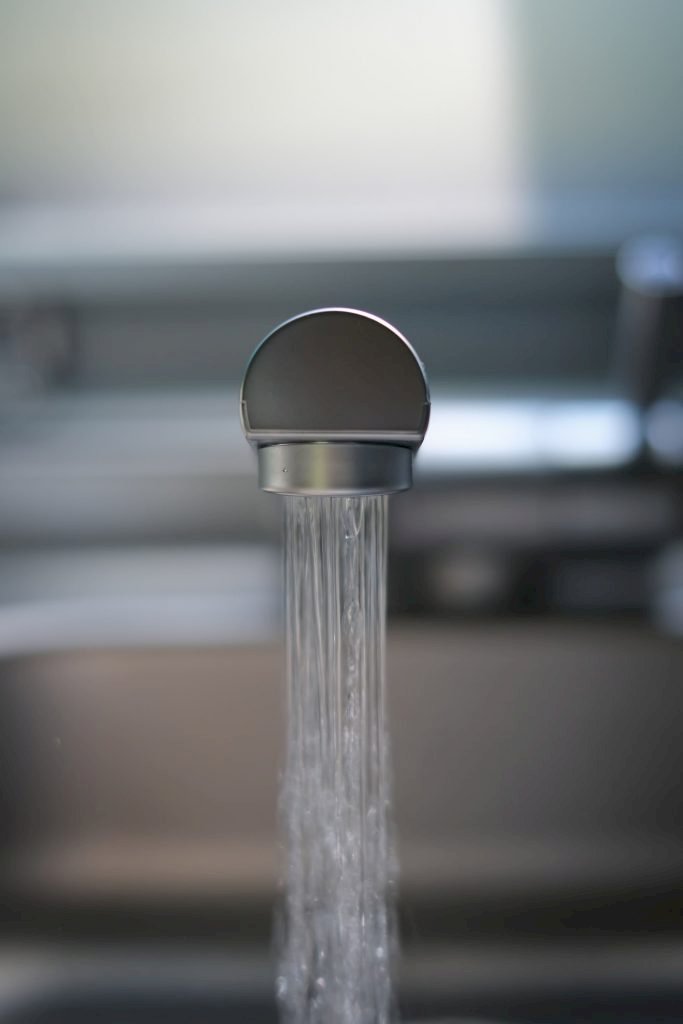
Unsplash
Another simple act that can save the environment is by reducing how much water we waste. This can be easily done by turning off running water that's not being used. That means do not let the shower run for too long or while brushing your teeth.
You can even reuse some already used water to water plants. However, just make sure the water wasn't first used with harmful chemicals from soaps, etc because this can end up doing more harm than good.